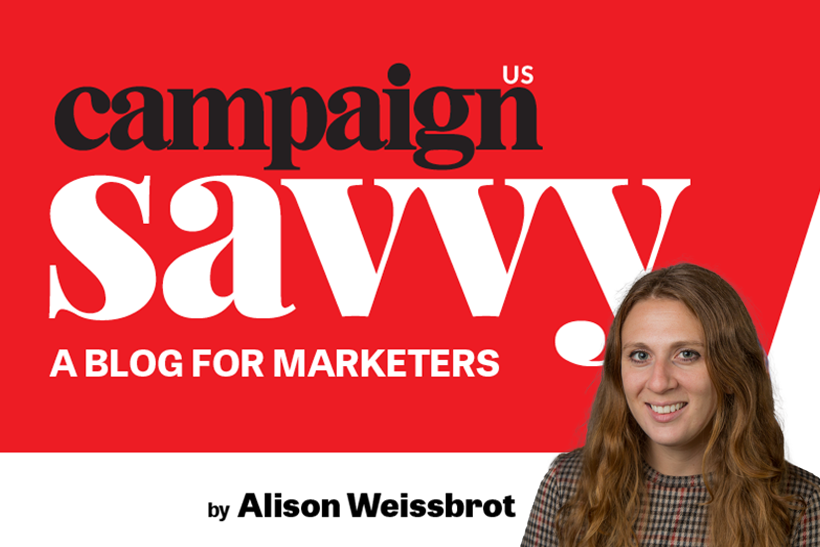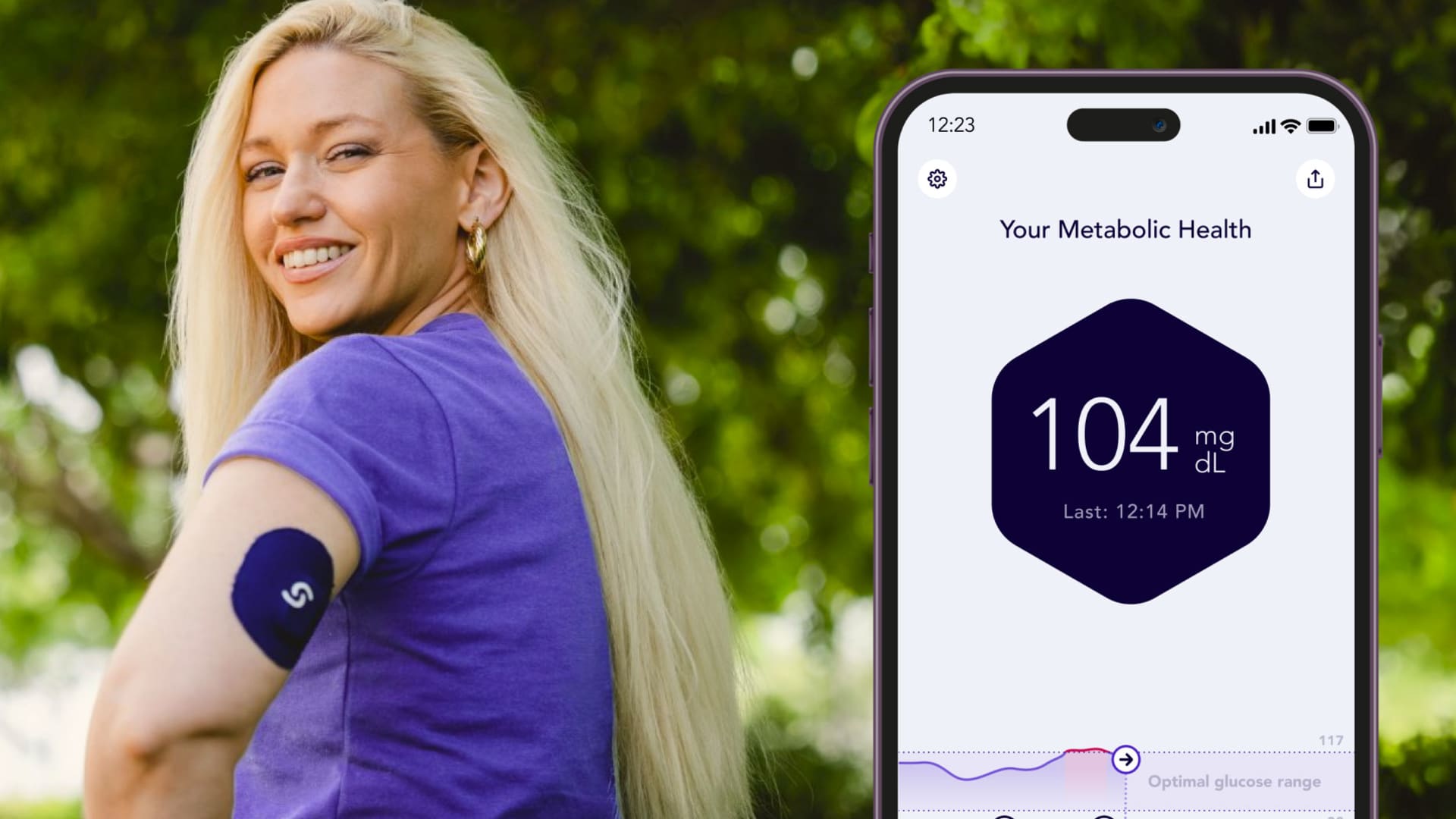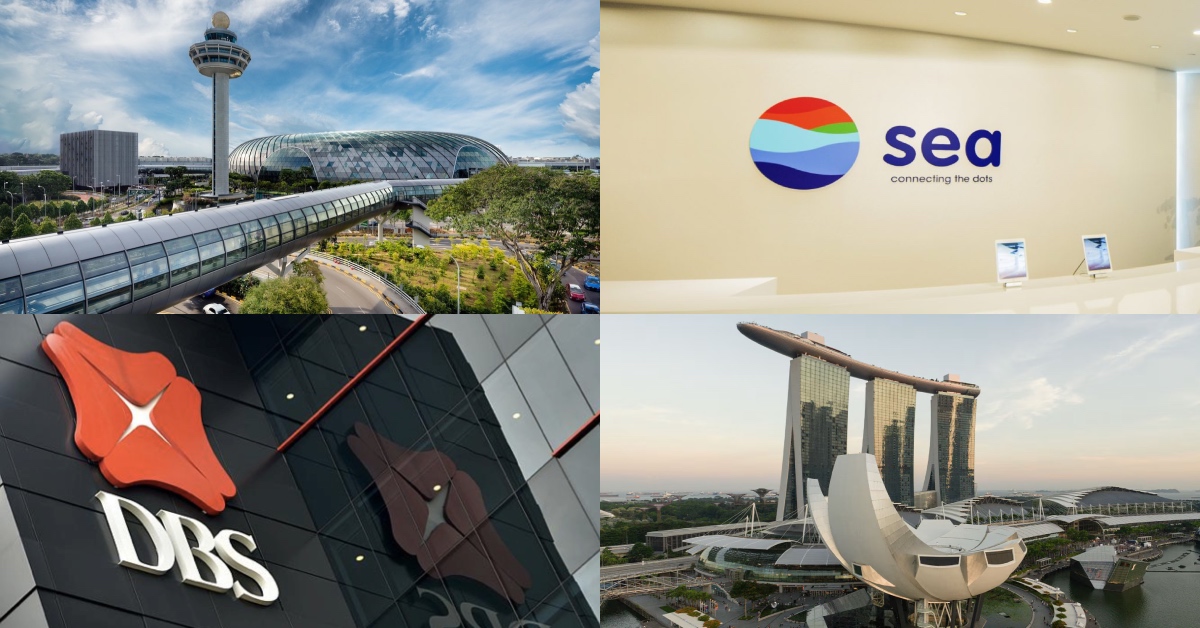Humanity trumps sentiment scores in times of war
Brands are again walking a tightrope between fiduciary and moral responsibility as the crisis unfolds in Ukraine.

Advertising may not be life or death, but the impact brands can have on global crises — positive or negative — is very real.
As war breaks out in Ukraine, brands are navigating a complex media landscape rife with misinformation about a very tangible, ongoing conflict, adding urgency to their always-on brand safety strategies.
Some companies are taking public stances against Russia and in support of Ukraine. Airbnb is providing accommodation for Ukrainian refugees; Etsy has dropped its seller fees for merchants in Ukraine; sports leagues worldwide are cutting ties with Russia. I applaud these moves, but these sanctions and declarations of support don’t tell the full story.
I’d like to know how these brands — and countless others — are adapting their media strategies to support credible, quality journalism in the face of very un-brand-safe news and misinformation warfare.
Media buyers tell me that while many brands are taking a calculated approach — reassessing keyword blocklists, updating exclusion lists from credible sources such as the Global Disinformation Index and News Guard — just as many are going dark on news altogether.
This is where the well-intentioned practice of brand safety can become a slippery slope.
Take the unfortunate placement of an upbeat Applebee’s ad for fried chicken during CNN’s live coverage of bomb sirens going off in Kyiv. Both CNN and Applebee’s were eviscerated for the placement, with multiple news outlets pointing fingers for poor judgement.
I can’t argue that it was a terribly awkward and insensitive adjacency. But I do get uncomfortable thinking about how many CMOs must have immediately called their agencies to demand they pull their brand off of news coverage — related to the crisis or not — as a result.
Ruben Scheuers, chief product officer at marketer consultancy Ebiquity, tells me: “There is now an industry-wide scare among CMOs and media directors who are saying, ‘We need to be safe rather than sorry.’”
But without trusted, verifiable reporting on the conflict in Ukraine, the whole world would be in the dark about the crisis — or worse, force-fed Russian misinformation that skews the truth. We’ll definitely be unsafe and very sorry then.
Advertisers have a responsibility to protect their brands. but they can do so while avoiding knee-jerk reactions.
Brands can continue to support quality journalism by adapting creative messaging around supporting independent reporting on the conflict. Such placements could link to a microsite that explains the brand’s commitment to journalism and its stance on advertising through crisis.
There’s always a chance for blowback, as advertisers that take this approach might be called out for opportunism. But I would argue there’s more potential reward than risk here.
Crucially, advertisers must put real pressure on the platforms fueling misinformation on the conflict. Twitter is pausing ads in Ukraine and Russia, while Meta and YouTube are demonetizing state-operated Russian disinformation sites including RT and Sputnik. All three are removing accounts linked to disinformation.
But why have these platforms been monetizing RT and Sputnik at all? Why did it take bombs going off in Ukraine to get them to stop funding harmful and false narratives? Advertisers should be asking these questions and taking a stance with their wallets.
From my conversations with media buyers, it doesn’t seem all advertisers are even making the connection between brand safety’s impact on supporting quality journalism during times of war. It’s like we’ve learned nothing from COVID-19 or the Black Lives Matter movement, even though a survey from Disney and media agency Magna shows advertising around news content is perceived as more relevant, trustworthy and valuable by consumers.
Businesses have fiduciary responsibilities that often outweigh the moral positions of any individual or group of employees. But, in times of war, it’s more imperative than ever that the industry — media owners, platforms, agencies and brands — put aside their KPIs and sentiment scores to be on the right side of humanity.
As Scheuers says: “These aren't just strategic considerations that you may inadvertently be funding misinformation. This has a real impact on Ukrainian people, right now.”

 UsenB
UsenB 
































